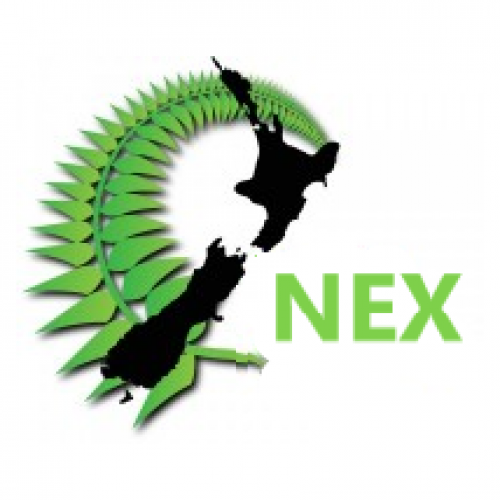
Virtual Café: Sound bites from FLANZ Conference 2024
We've explored the use of ZOOM AI Companion to prepare the following notes from our PLD session. We checked and edited for accuracy and privacy before publishing. This is in response to our members requests for succinct notes from PLD sessions.
Discussion revolved around the challenges and potential of online education, including the role of the Flexible Learning Association (FLANZ). We also explored the concept of the Gartner Hype Cycle, the importance of student-centred learning, and the potential of using virtual reality, extended reality and avatars in educational settings. Participants also discussed the implementation of a peer review process, the value of self-reflection and peer review in teaching practices, and the ongoing research on online learning in New Zealand.

Flexible Learning Association and Online Education Challenges
Rachel and Lucie discussed the Flexible Learning Association (FLANZ) and its role in the New Zealand education sector. They highlighted the importance of the association's focus on equity, cultural responsiveness, and open education resources. They also discussed the challenges faced in online education, including pedagogical focus and sustainability of funding. The participants shared their experiences with schools sometimes not prioritising online learning as much as other activities. The conversation ended with an open discussion on the challenges in online education.
Pedagogy before Technology, AI and the Gartner Hype Cycle
Lucie shared concepts from Associate Professor Michael Cowling’s keynote presentation. In it he emphasised the need to start with the problem you want to solve, then think how technology can help. He discussed the Gartner Hype Cycle applied to generative AI and the suggestion that AI is in the 'slope of enlightenment' phase. The team recalled various technologies that had been overhyped, such as interactive whiteboards, and some quiz software. They discussed the importance of student-centred learning and the need to consider the student's perspective when making decisions about technology use. The team agreed that the ownership of student data is a crucial factor to consider when using educational technology.
Exploring Extended Reality in Education
The potential of virtual reality for language learning was shared in a season Lucie attended. The research used FRAME, for learning languages. It highlighted benefits such as significant language gains and student enthusiasm, but noted challenges like technical issues and cyber sickness. The researchers recommended providing instructions in the learner's first language and flipping the learning structure. Participants were keen to explore the topic further. They also discussed the use of virtual reality and avatars in educational settings, and raised concerns about equity issues. The potential of using such technology for learning, such as Google Cardboard or holographic images, was discussed, with the team acknowledging the need for careful consideration of the pedagogical learning needs first and the potential distractions.
Peer Review Process and Teacher Perspectives Inventory
Rachel discussed the implementation of a peer review process in a medical school at Auckland University, which is similar to the professional growth cycle used by Kotui Ako VLN primary eTeachers. She also introduced the Teacher Perspectives Inventory, a tool that can be used for reflection and professional conversations about teaching practices. The inventory is a psychometric tool that asks questions about beliefs, intentions, and actions related to teaching and learning, organised around different domains of teaching. Rachel suggested that this tool could be beneficial for reflecting on one's teaching practice and for having professional conversations.
Taking a “Pulse” in on-line learning – an effective engagement tool?
Rachel introduced a new feature called "pulse" from Open Polytech, which measures learners' feelings about their study materials, emphasising the importance of focusing on learner well-being and adapting learning design to diverse learners. The team discussed how to gauge their online readiness, the value of synchronous Zoom sessions, and the use of polls for gathering feedback. They also discussed the use of Mentimeter for collective brainstorming and the importance of constant feedback in program design.
Online Learning in New Zealand: Challenges and Solutions
Rachel discussed ongoing research on online learning in New Zealand, highlighting the work of Michael Barbour and Derek Wenmoth. They emphasize the need for a sustainable online distance learning ecosystem, which would likely involve multiple providers and face challenges such as leadership, policy, resourcing, funding, infrastructure, systems, teacher roles, and accreditation. They stress the importance of national support, a pedagogical shift among teachers, teacher education, and professional development.
